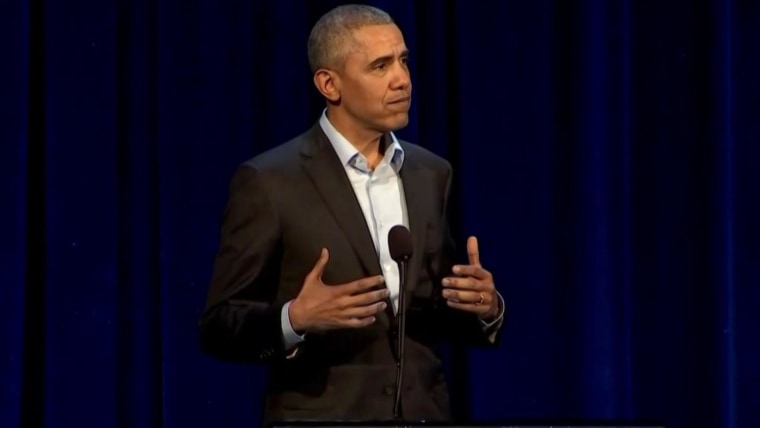The Justice Department is moving to drop its own criminal charges against Michael Flynn, President Donald Trump's former national security adviser, after "a considered review of all the facts and circumstances of this case, including newly discovered and disclosed information."
It’s long been the view of the criminal defense bar that law enforcement can be aggressive.
Sometimes federal agents are criticized for "creating" a crime instead of investigating one. Sting operations are examples of crimes that are a consequence of law enforcement actions. Agents create a fictional crime to trick a suspect into attempting to join that crime, thereby creating the crime.
Similarly, Flynn’s crime of lying to government agents was the consequence of the government agents' investigation of Flynn. If there was no crime before Flynn's interview, then there's little reason to interview Flynn as part of a criminal investigation, unless the agents were looking to create a crime.
Criminal defense attorneys have long complained that, while these are sanctioned law enforcement techniques, they don't feel very fair.
Probably no one in the criminal defense bar ever expected the Justice Department to take their side on this point. But that's what the DOJ did in the Flynn case.
Let our news meet your inbox. The news and stories that matters, delivered weekday mornings.
In a blockbuster motion to dismiss the charges against Flynn, Timothy Shea, the interim U.S. Attorney for the District of Columbia, the government describes "aggressive" agents who appear less focused on investigating already-committed crimes than on getting someone "to lie, so we can prosecute him or get him fired."
On the one hand, DOJ supervisors should be encouraged to review the investigative techniques and charging decisions of agents and line prosecutors. On the other hand, for those thousands of prisoners hoping the boss of the prosecutor who convicted them will take a second look at their case — they should forget it. Statistically, almost no other defendants get the "Michael Flynn treatment" by a U.S. Attorney or anyone at the Justice Department, especially after the defendant has already pleaded guilty and is awaiting sentencing.
Another disturbing reality emerges from the U.S. Attorney's motion. On Jan. 24, 2017, government agents went to Flynn's office to interview him and that interview resulted in the charges against him. Flynn was formally charged some 10 months later, on Nov. 30, 2017 and he pleaded guilty days after, on Dec. 1, 2017.
Years later, in 2020, just-revealed internal investigative documents provided the basis for the DOJ's turnaround and its motion to dismiss.
If Flynn had been sentenced already, or if his new lawyers hadn't fought relentlessly for information about internal decision-making, or if the higher-ups at the DOJ hadn't intervened, or if this wasn't the former national security adviser, would any of this exculpatory evidence have ever come to light?
The answer is no. And that's the way it is for the overwhelming majority of defendants you've never heard of.
Most prisoners never get a glimpse at the inner-workings of the agency that prosecuted them and sent them to prison. Defendants are not entitled to this kind of discovery in run-of-the-mill federal criminal cases. Defendants are not entitled to disclosure of the agents' personal text messages, revelations about their personal and romantic lives and the handwritten notes of counterintelligence chiefs. Not even close.
There is no general constitutional right to discovery in a criminal case.
Reports, memoranda and other internal government documents created by a government agent in connection with the investigation or prosecution of the case are immune from discovery. Defendants are not entitled to conduct wholesale reviews of the government's investigations. To comply with due process, the government need only disclose all material or potentially exculpatory evidence before the trial ends.
In other words, government agents are entrusted with determining what in their files should be turned over to the defendant. But the information leading to the DOJ to move to dismiss Flynn's case didn't even surface until years after he pleaded guilty, and largely because his attorneys fought for it even after he was convicted.
The Flynn dismissal motion is the government exercising its authority to correct prosecutorial failing. If that authority is only exercised for the politically connected defendants then it is just an illusory tool of justice.
Danny Cevallos is an MSNBC legal analyst who practices in the areas of personal injury, wrongful conviction and criminal defense in Pennsylvania, New York and the U.S. Virgin Islands.
"case" - Google News
May 10, 2020 at 03:09AM
https://ift.tt/2xT1Q0M
Defense lawyers rail about unfair prosecutions. Flynn's case shows why. - NBC News
"case" - Google News
https://ift.tt/37dicO5
Shoes Man Tutorial
Pos News Update
Meme Update
Korean Entertainment News
Japan News Update
Bagikan Berita Ini
















0 Response to "Defense lawyers rail about unfair prosecutions. Flynn's case shows why. - NBC News"
Post a Comment